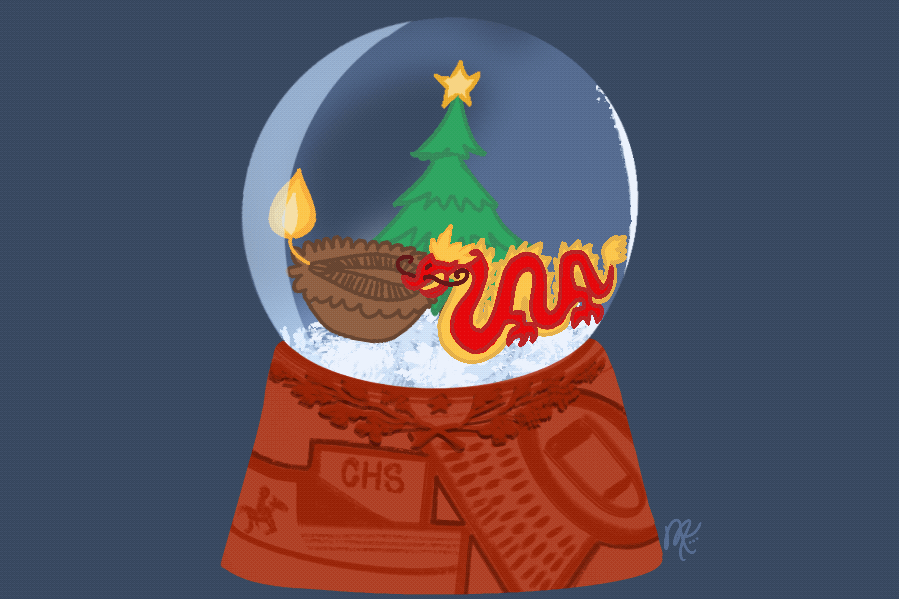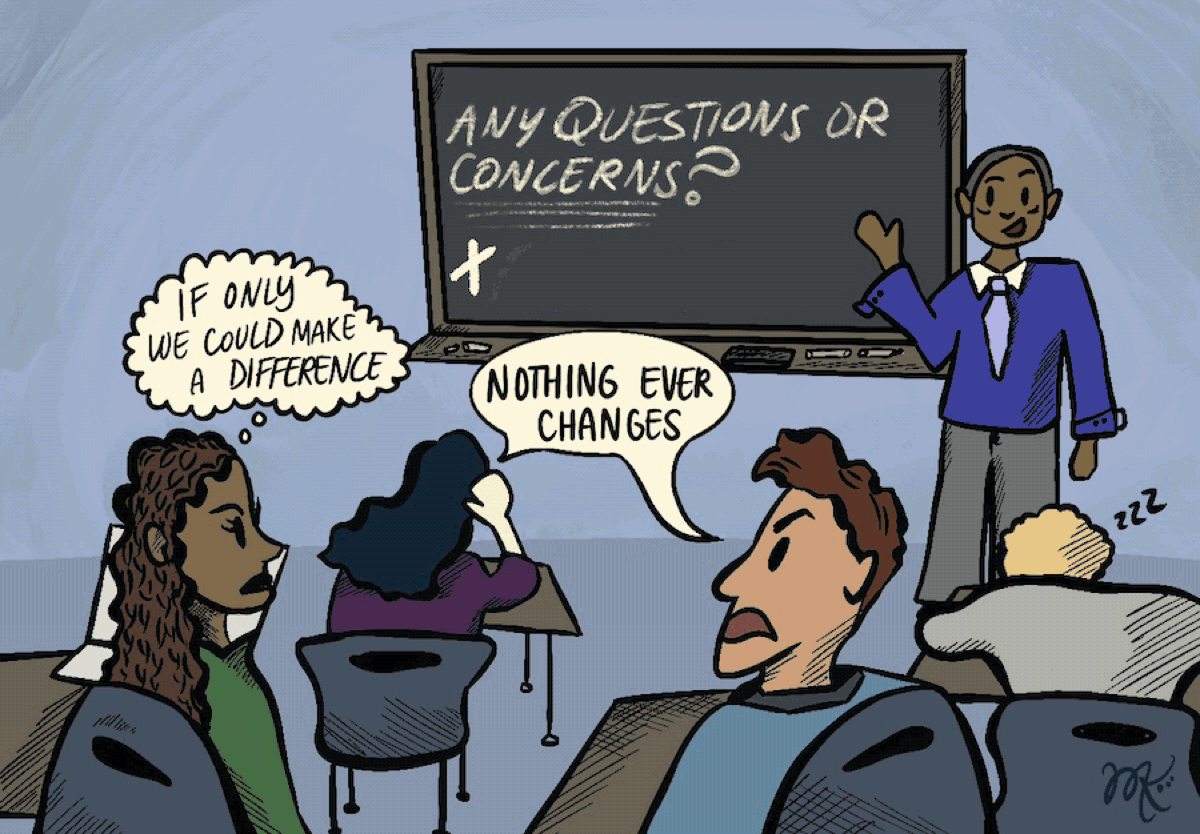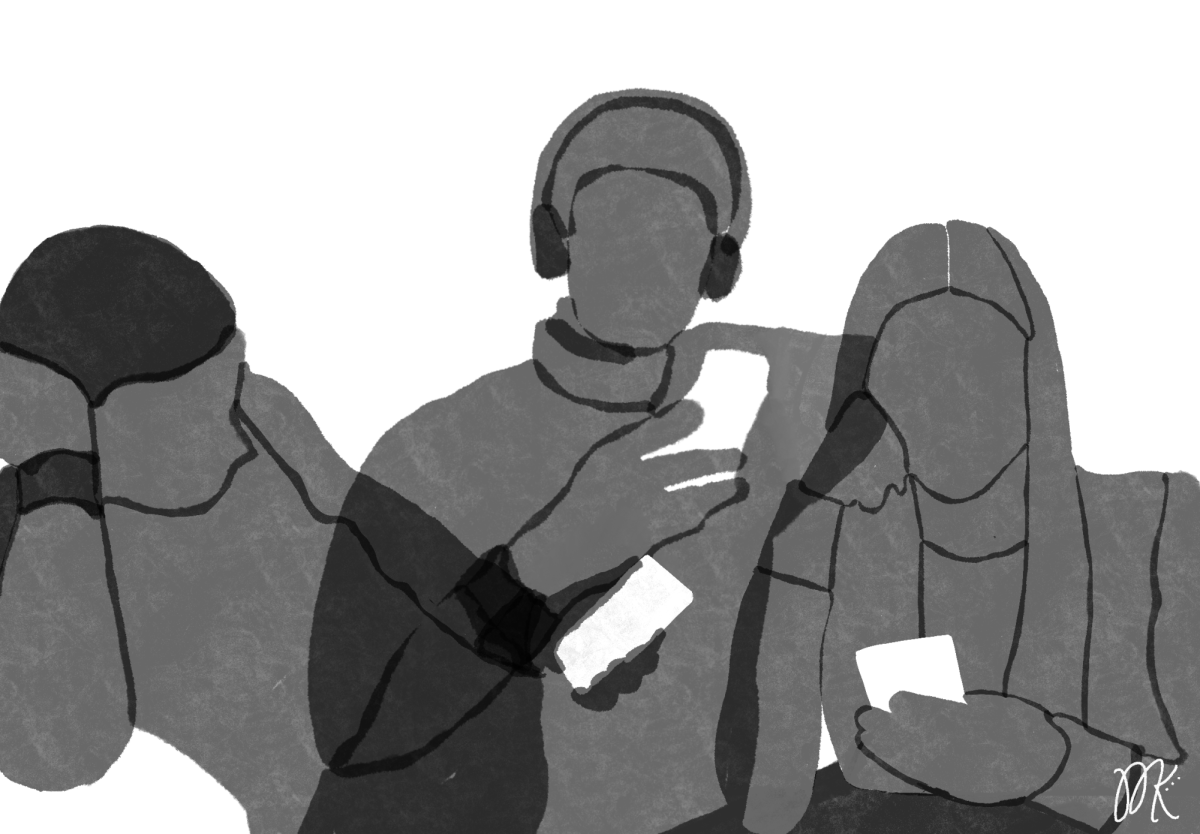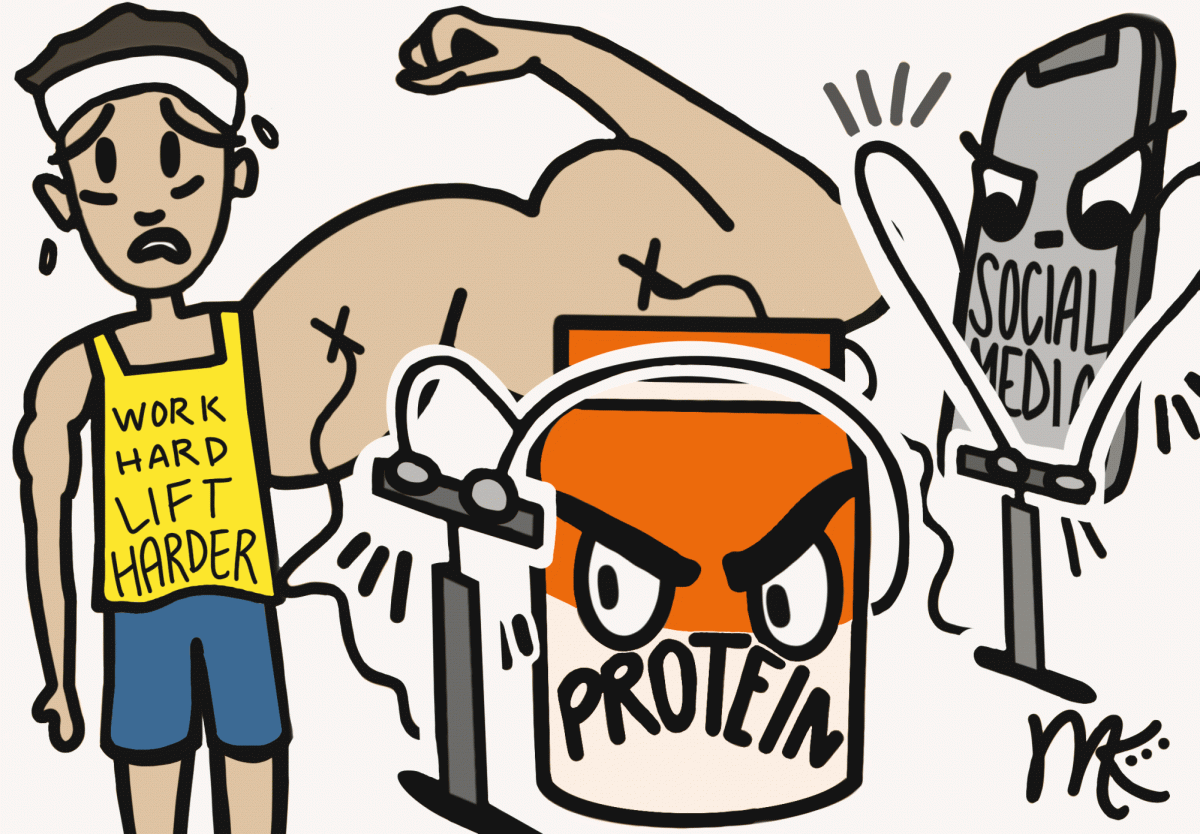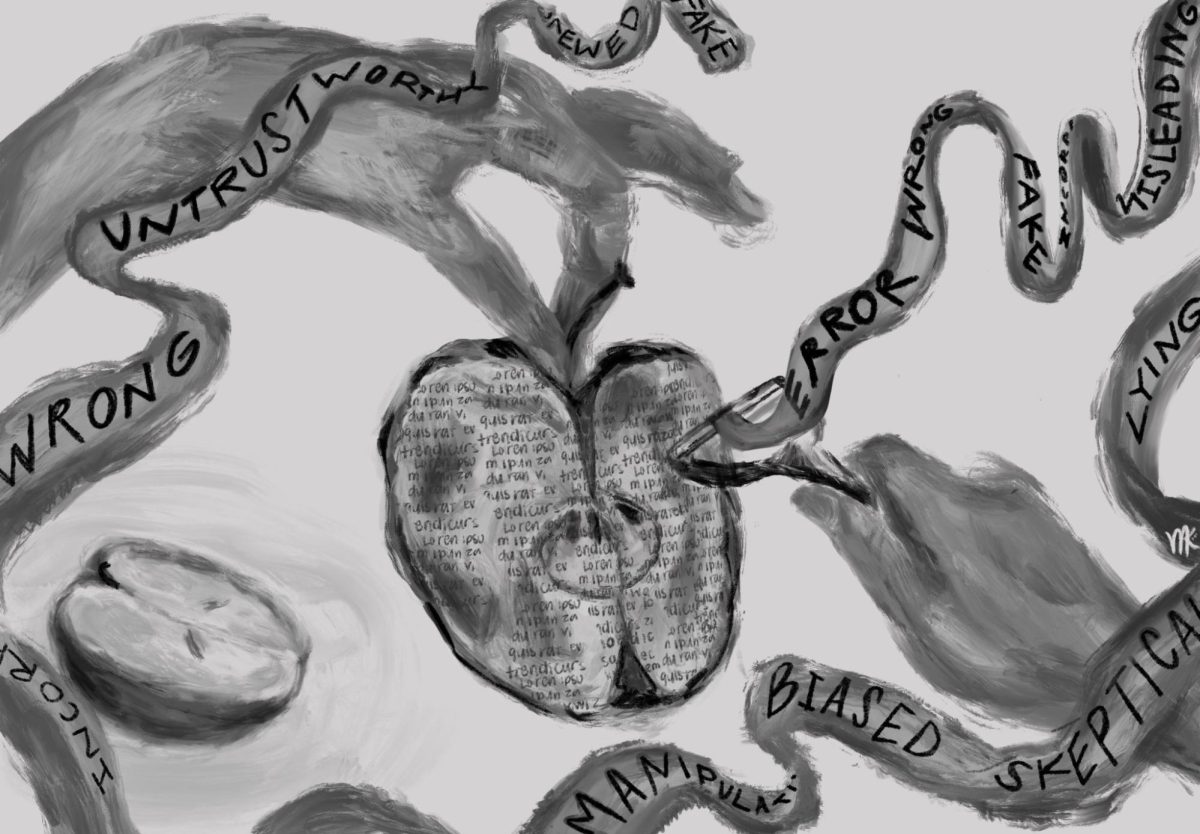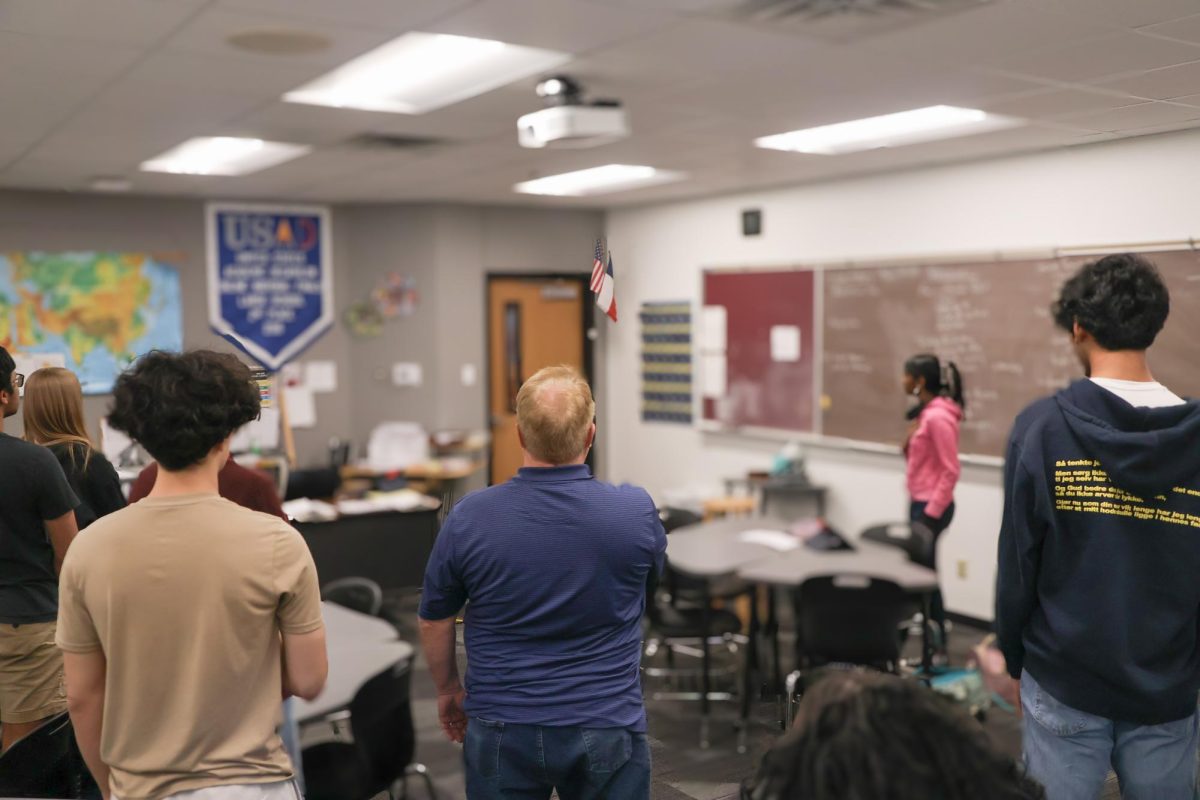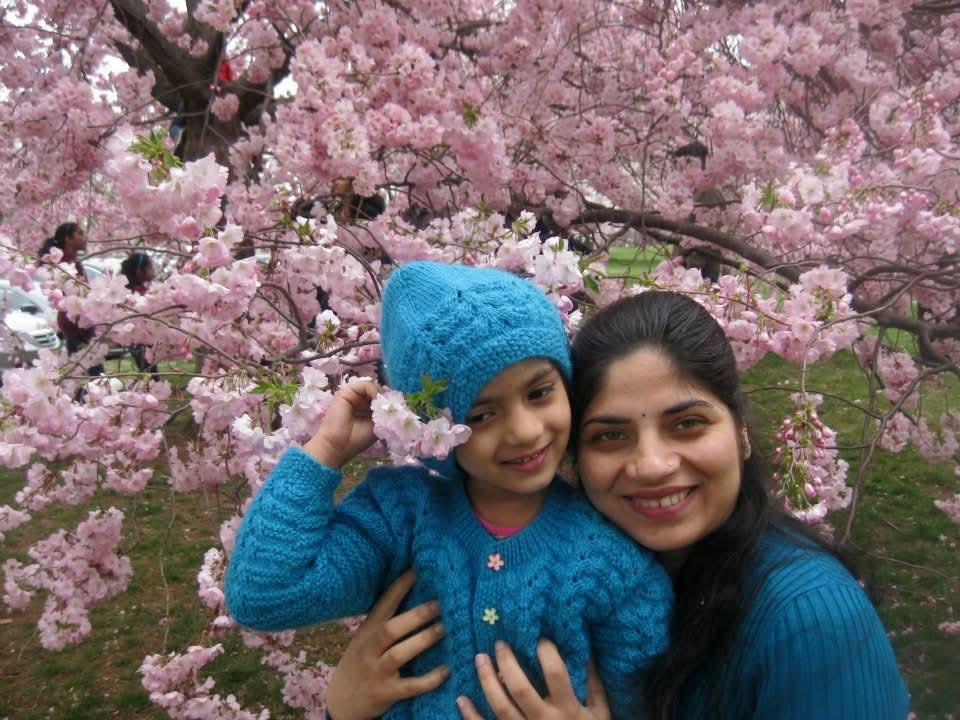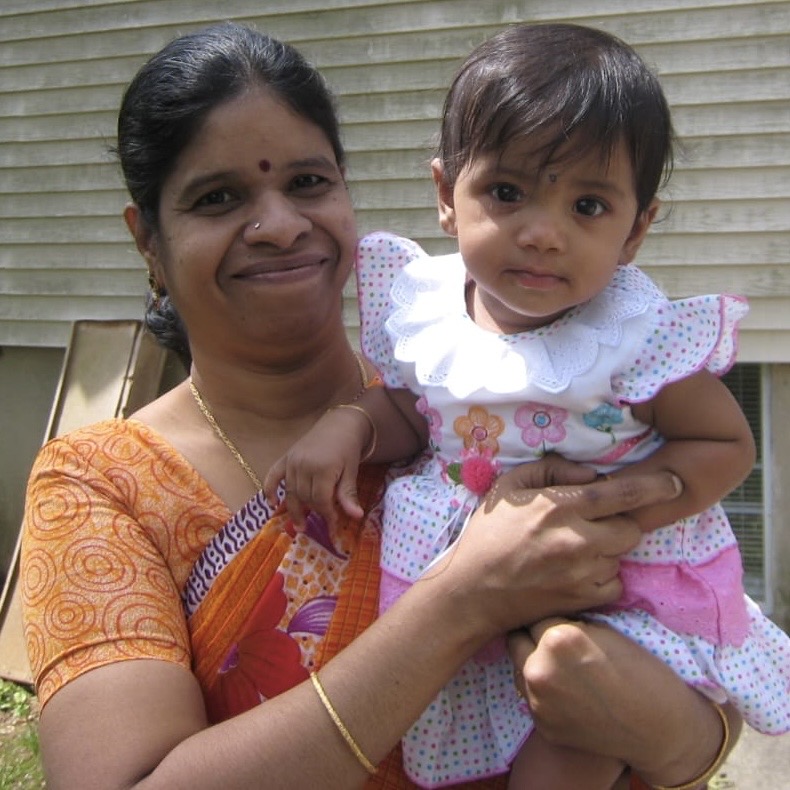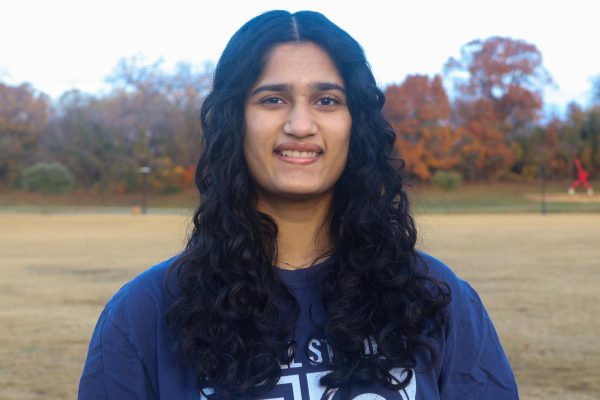After 10 months of late night study sessions, juggling never-ending to-do lists and wrestling with demanding academic pressures, the sunny days of summer should seemingly serve as a relaxing break for high school students.
But, as it turns out, many times it is not.
Through the endless expectation of productivity and social outreach that students plan going into summer, they often fall into extremes of productivity. Whether it be spending the months binging on Netflix or rushing in and out of internships and workshops, a productive summer is one of balance.
Waking up on a hot summer day, extending should have a motive and goal in mind, one extending beyond academic or extracurricular validation.
For most students, summer seems to be the season for internships, dual credit courses and scholarly summer camps. Climbing the ladder of excellent grades, we begin to prepare for the responsibilities that build up over the year. As we are driven by a desire for academic success, students find themselves confined by social expectations surrounding what it means to be productive over a break.
These pressures to have the highest grades and most extracurriculars become a large contributor for stress and anxiety. When students are left to deal with these tensions, it affects their self-esteem, as they are stuck in cycles of trying to meet high expectations and comparing themselves to their academic peers.
At an academically competitive and motivated school such as Coppell High School, productivity is highly glorified. The idea of taking a break can seem unrewarding as it is treated with the belief that for time to be well-spent, it should be spent on educational activities.
This notion can make it demoralizing, or even shameful, to slow down.
However, without allocating time to de-stress, students become vulnerable to a lack of motivation, leaving them exhausted even after a break. Burnout can lead to fatigue, difficulty concentrating and decreased cognitive functioning, all of which impair learning and retention.
Continuous cycles of burnout prevent students from taking the necessary rest needed to start the next school year energized, limiting students from reaching the goals they strive to achieve in the first place. Taking time to rejuvenate in the summer helps mentally prepare students to take on the next school year. Without doing so, students may be drained when school resumes due to a lack of rest.
Regardless, though school schedules during the school year, summer is often the only time for students to explore activities such as dual credit courses or internships, making it difficult to allocate time towards relaxation.
Through all our summer activities, let us not forget the reason why we are given these three vital months. While finding time for yourself can be difficult, it is important to take advantage of summer break as a time to unwind and de-stress.
The goal is not to do nothing in the summer, as it can also lead to apathy. Neither is the goal to come back to school in August feeling as drained as you left the school year in May.
Instead, implement a loose schedule and incorporate planned activities to keep you motivated, while also allowing yourself to take time to re-energize. This could look like allocating time towards your daily internship, while also ensuring you have time to indulge in summer activities such as pool days, sports games, concerts and riding roller coasters.
This balanced approach helps students gain a sense of stability and purpose, while also helping them achieve their educational goals without an exhaustive approach.
Finding a source of relaxation such as journaling, exercise or listening to music that may not provide you with another bullet point in your college applications, but can help you feel grounded.
Not everything has to serve an academic purpose. Indulging in activities that may have little perceived productive value, but are interesting, enjoyable or spark curiosity can aid in personal growth and self discovery.
When given time to try new hobbies, have a variety of leisurely activities that bring daily skills that can translate into your future career.
Summer serves as a valuable time for relaxation and self development, especially for seniors, who are spending their last moments before adulthood. Placing less pressure on themselves to look for academic opportunities enables seniors to gain direction before becoming burdened with adult responsibilities. At the end of the tunnel, this high school summer should be one for childhood memories, meeting friends and embracing being a teenager.
Like most academic pursuits, finding balance allows for personal growth in more than just quantitative achievements. Each new school year is a new chapter, but let us not forget to read between the lines of our passions.





